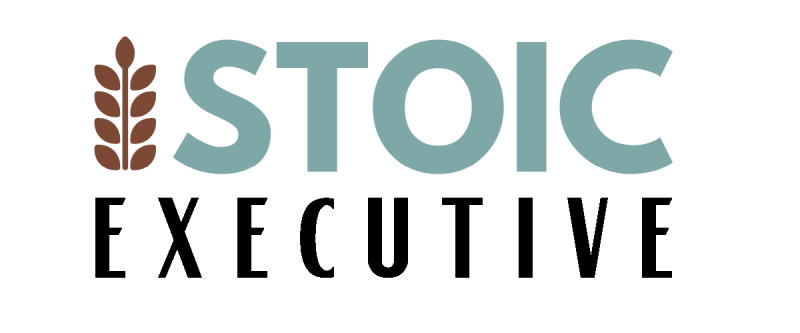Begin with Mindfulness: Start each journaling session with a minute of mindful breathing, such as the box breathing technique, to center yourself.
Journaling for Confidence
-
Acknowledge Achievements: At the end of each day, list three things you did well. Highlighting your successes shifts focus from deficiencies to areas of abundance.
-
Cultivate Gratitude: Daily, jot down what you are genuinely thankful for, from the mundane to the significant. This can transform your mindset and heart-set.
Applying Cognitive Behavioral Techniques
-
Challenge Distortions: Write down any self-defeating beliefs and actively question them. Provide evidence from your experiences that counteract perfectionist demands.
-
Behavioral Experiments: Design and document real-life tests for your doubts. Predict what might happen, take action, and record the outcomes to challenge and often invalidate your fears.
-
Socratic Questioning: Use this method to scrutinize the accuracy of your negative thoughts. Question their validity by asking for evidence and considering alternative, more balanced viewpoints.
Mindfulness Journaling Prompts
-
Today’s Presence: “What moment today was I fully present for, and how did it feel?”
-
Observer’s Seat: “What thoughts have been recurring lately, and what emotions do they bring?” Visualize yourself observing these thoughts without judgment.
-
The Untroubled Self: “What would I do today if I weren’t hindered by self-doubt?” or “What would I do if I knew I’d be successful?”
Reflective Techniques
-
Interrogate the Inner Critic: Document the inner critic’s narrative. Then, examine it: “Is this thought factual or just a feeling?”
-
Envision Success: Detail a situation where you embody confidence. What does success look like, and what emotions does it stir within you?
“The quality of your inner game determines the quality of your future.”
